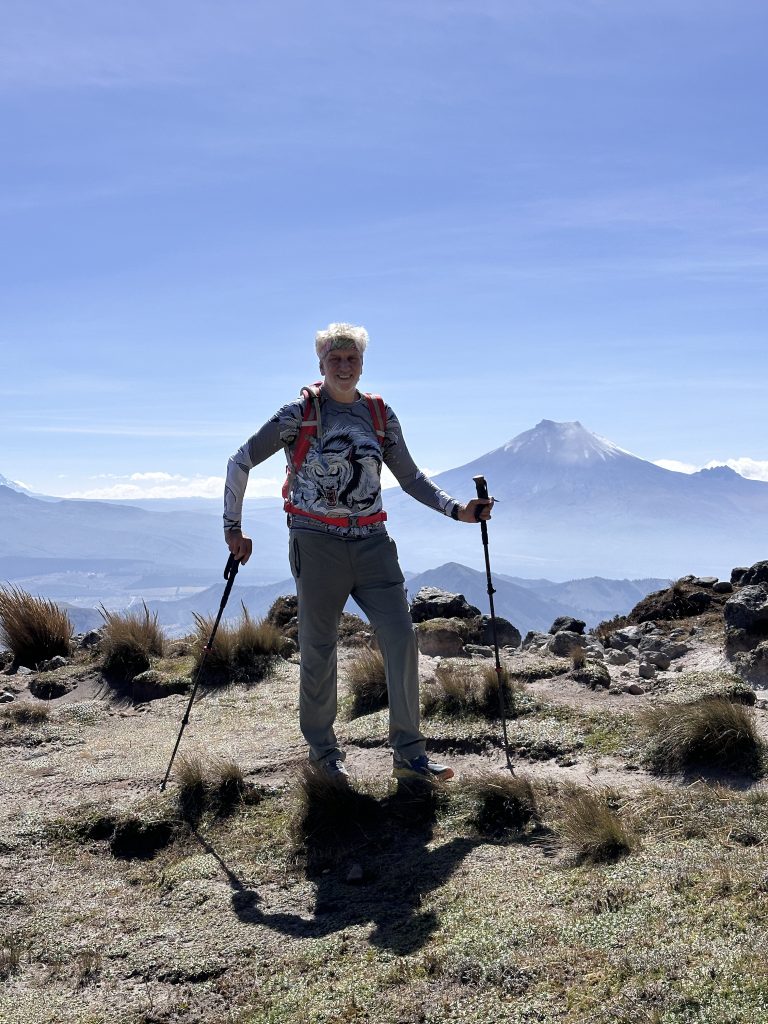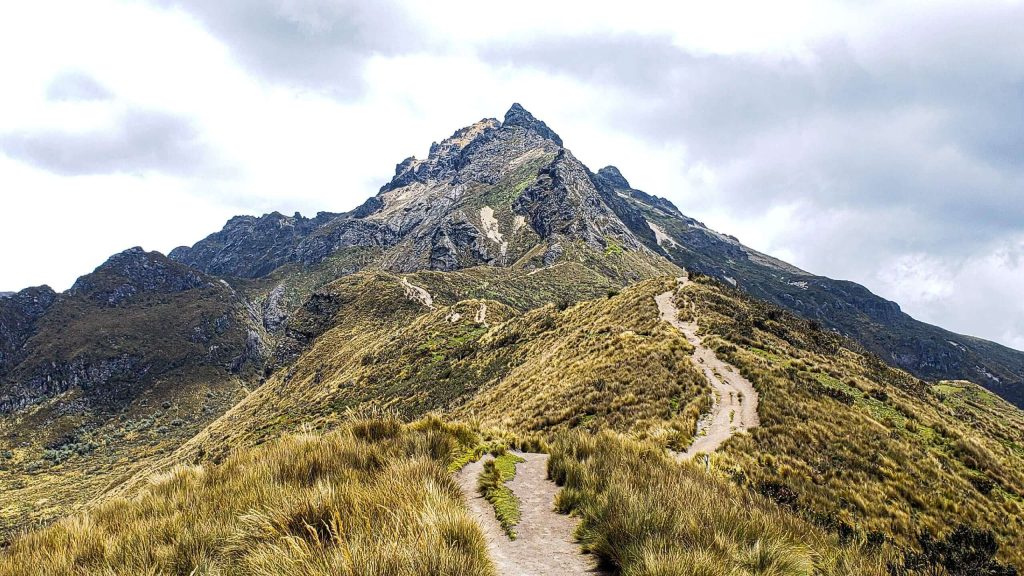How to Prevent and Manage Altitude Sickness While Climbing Ecuador’s Peaks
Introduction:

Climbing the towering peaks of Ecuador, such as Cotopaxi and Chimborazo, offers an unparalleled adventure. But as you ascend to altitudes above 5,000 meters, altitude sickness becomes a real concern. Whether you’re an experienced mountaineer or a beginner tackling these impressive summits, it’s essential to understand how to prevent and manage altitude sickness to ensure a safe and successful climb.
In this guide, we’ll cover everything you need to know about altitude sickness: from recognizing early symptoms to effective prevention strategies and emergency procedures.
What is Altitude Sickness?
Altitude sickness, also known as acute mountain sickness (AMS), occurs when your body struggles to adapt to the lower oxygen levels found at high altitudes. It can affect anyone, regardless of fitness level, and is most common at elevations over 2,500 meters (8,200 feet).
Common Symptoms of AMS:
- Headache
- Nausea or vomiting
- Fatigue
- Dizziness or lightheadedness
- Difficulty sleeping
- Shortness of breath with exertion
More serious conditions, like High Altitude Pulmonary Edema (HAPE) and High Altitude Cerebral Edema (HACE), can occur at extreme elevations, such as those on Chimborazo or Cotopaxi. These require immediate descent and medical attention.
Prevention Tips for Altitude Sickness
Preventing altitude sickness is all about gradual acclimatization. Here are some tried-and-true tips to help your body adjust to high-altitude environments:
- Ascend Slowly: Gradual ascent is key. It’s recommended to spend a few days at intermediate altitudes (around 3,000-3,500 meters) before attempting higher climbs like Cotopaxi or Chimborazo. Many mountaineers use treks like Rucu Pichincha or Pasochoa to help acclimatize.
- Hydrate: Dehydration can exacerbate the effects of altitude sickness. Drink plenty of water throughout your climb to stay hydrated and help your body cope with the lower oxygen levels.
- Rest and Sleep: Avoid overexertion, especially during the early days of acclimatization. Your body needs time to adjust, so get plenty of rest and avoid strenuous activities.
- Avoid Alcohol and Caffeine: Both can dehydrate you and interfere with acclimatization. It’s best to avoid them at high altitudes.
- Eat Carbohydrates: Eating a diet rich in carbohydrates can help your body adapt more efficiently to high altitudes by providing extra energy.
- Consider Medication: In some cases, climbers may benefit from taking Acetazolamide (Diamox) to help prevent altitude sickness. Consult with a healthcare provider before your climb to see if this is an option for you.
Managing Altitude Sickness
If you begin to experience symptoms of altitude sickness, it’s important to take immediate action. Mild symptoms can be treated with rest and hydration, but if they worsen or do not improve, you’ll need to descend to a lower elevation.
What to Do:
- Stop Ascending: If you experience symptoms, stop climbing and rest. Allow your body time to adjust before continuing.
- Descend if Symptoms Worsen: If symptoms don’t improve after resting, descend to a lower altitude immediately. This is the most effective treatment for altitude sickness.
- Oxygen: In severe cases, supplemental oxygen can help alleviate symptoms, though this is usually reserved for emergencies.
- Emergency Evacuation: In the event of serious conditions like HAPE or HACE, immediate descent is critical. It’s important to have a plan for evacuation and communication with your guide.
Climbing Ecuador’s iconic peaks is an unforgettable experience, but it’s crucial to prioritize safety when dealing with high altitudes. By following these tips for acclimatization and knowing how to manage altitude sickness, you’ll increase your chances of a successful summit while staying healthy and safe.
Ready to tackle the heights of Cotopaxi or Chimborazo? Ecuador Eco Adventure offers guided climbs that prioritize both safety and adventure. Our expert guides are experienced in helping climbers adapt to high altitudes, ensuring an enjoyable and unforgettable experience.

General Manager and Founder. National guide and wildlife expert, photographer of wildlife, and afficionado of history. Wlady is a proud Ecuadorian who went to highschool in New Zealand and started of Ecuador Eco Adventure after meeting his Aussie mate Jake while studying ecotourism at uni. Ask us about how to climb Cotopaxi and Climbing Chimborazo as well as Trekking in Ecuador and Yasuni Amazon Tours.

